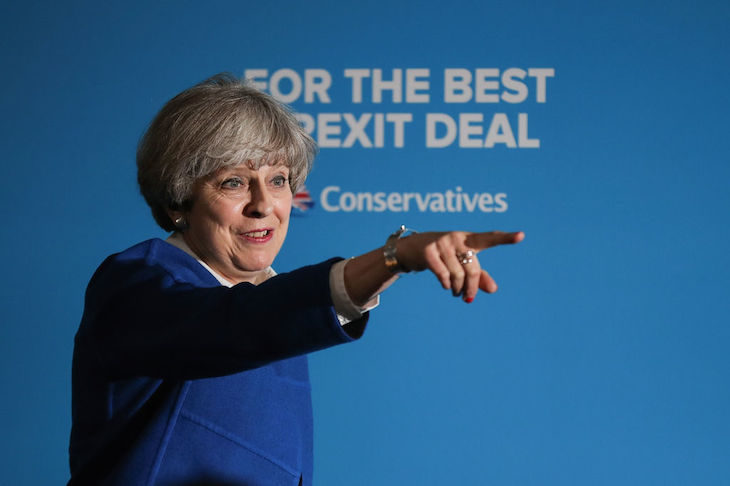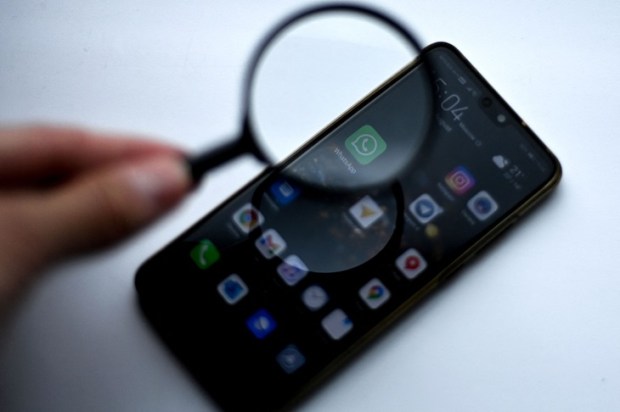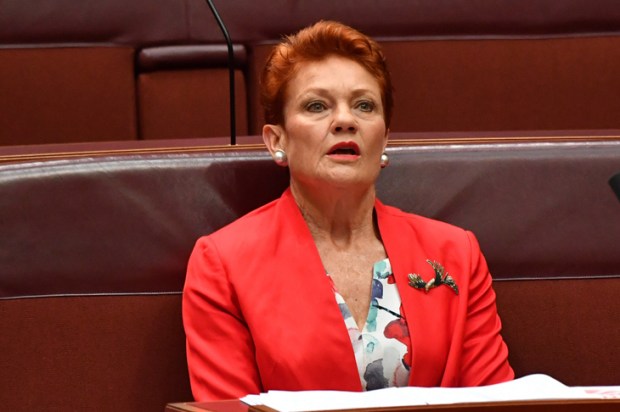
On the eve of the US presidential election, experts at Princeton university decided that Donald Trump had a 1 per cent chance of being elected. Before the last general election, Populus, the opinion poll firm, gave David Cameron a 0.5 per cent chance of winning a majority. Much is made of the need to look at ‘the data’ when considering political arguments, but so often it is a wildly inaccurate guess with a decimal point at the end to give an aura of scientific specificity.
Already a subscriber? Log in
Black Friday sale
Subscribe today and get 10 weeks of The Spectator Australia for just $1
- Unlimited access to spectator.com.au and app
- The weekly edition on the Spectator Australia app
- Spectator podcasts and newsletters
- Full access to spectator.co.uk
Unlock this article
You might disagree with half of it, but you’ll enjoy reading all of it. Try your first month for free, then just $2 a week for the remainder of your first year.














Comments
Black Friday sale
Subscribe today and get 10 weeks of The Spectator Australia for just $1
SUBSCRIBEAlready a subscriber? Log in